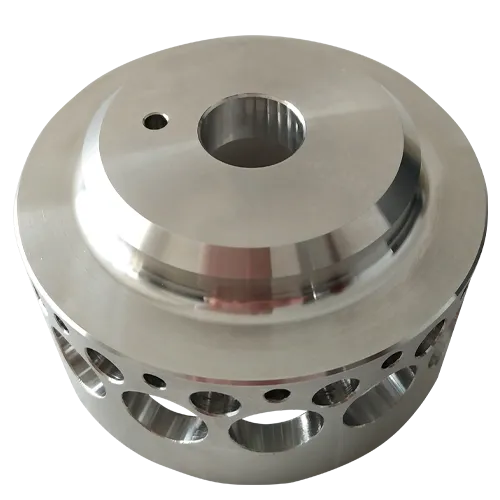Mobile:+86-311-808-126-83
Email:info@ydcastings.com
Welded End Caps for Secure and Durable Pipeline Connections
Understanding Welded End Caps Features, Applications, and Benefits
Welded end caps are integral components utilized in various piping systems. These fittings serve the primary function of sealing the ends of pipes or tubes, ensuring the containment of fluids and gases within the system. The welding process provides a robust and leak-proof seal, making welded end caps an essential choice in various industrial applications.
What Are Welded End Caps?
Welded end caps are typically made from materials such as stainless steel, carbon steel, or other alloys. They come in various sizes and thicknesses to accommodate different pipe diameters and pressure ratings. The welding process involves joining the cap to the pipe using techniques like TIG (Tungsten Inert Gas) welding or MIG (Metal Inert Gas) welding. This ensures a strong bond that can withstand high pressures and harsh environments, which is vital in applications ranging from oil and gas to chemical processing.
Features of Welded End Caps
1. Durability One of the standout features of welded end caps is their durability. The welding process creates a solid connection that can endure extreme temperatures and pressures, making them suitable for severe service conditions.
2. Corrosion Resistance Many welded end caps are made from corrosion-resistant materials, particularly stainless steel. This resistance is critical in environments where chemicals and moisture are present, as it extends the life of the piping system.
3. Customization Welded end caps can be customized to meet specific requirements. This includes alterations in size, shape, and material, allowing for a perfect fit in any piping system.
4. Pressure Rating Welded end caps are available in various pressure ratings, ensuring they can be used in both low and high-pressure applications. This versatility makes them suitable for a broad range of industries.
Applications of Welded End Caps
welded end cap

Welded end caps are used across many industries, including
- Oil and Gas In the oil and gas sector, welded end caps are crucial for sealing pipelines that transport crude oil, natural gas, and other hydrocarbons. Their ability to withstand high pressure and resist corrosion ensures the integrity of critical systems.
- Chemical Processing In chemical plants, welded end caps are used in piping systems that handle various aggressive substances. Their durability and resistance to chemical attacks make them a reliable choice for such applications.
- Water Treatment Water treatment facilities often use welded end caps in their piping systems to ensure that water is contained effectively, preventing leaks that could lead to contamination.
- Construction In construction, welded end caps can be found in different applications, including structural elements and safety barriers where a robust seal is required.
Benefits of Using Welded End Caps
Using welded end caps in your piping system offers several benefits. First, their leak-proof nature lowers the risk of fluid loss, which can result in costly downtime and potential environmental hazards. Second, the longevity afforded by their durable design reduces maintenance needs, adding to cost efficiency over time. Finally, their adaptability ensures that they can meet the specific requirements of diverse projects.
Conclusion
Welded end caps play a pivotal role in ensuring the functionality and safety of various piping systems. With their durability, corrosion resistance, and adaptability, they are trusted components in critical industries such as oil and gas, chemical processing, and water treatment. Understanding their features, applications, and benefits helps businesses make informed decisions about their piping systems, ensuring optimal performance and reliability. Whether you are involved in construction, manufacturing, or any field utilizing piping systems, considering welded end caps could enhance the longevity and safety of your operations.
-
Why Should You Invest in Superior Pump Castings for Your Equipment?NewsJun.09,2025
-
Unlock Performance Potential with Stainless Impellers and Aluminum End CapsNewsJun.09,2025
-
Revolutionize Your Machinery with Superior Cast Iron and Aluminum ComponentsNewsJun.09,2025
-
Revolutionize Fluid Dynamics with Premium Pump ComponentsNewsJun.09,2025
-
Optimizing Industrial Systems with Essential Valve ComponentsNewsJun.09,2025
-
Elevate Grid Efficiency with High-Precision Power CastingsNewsJun.09,2025











